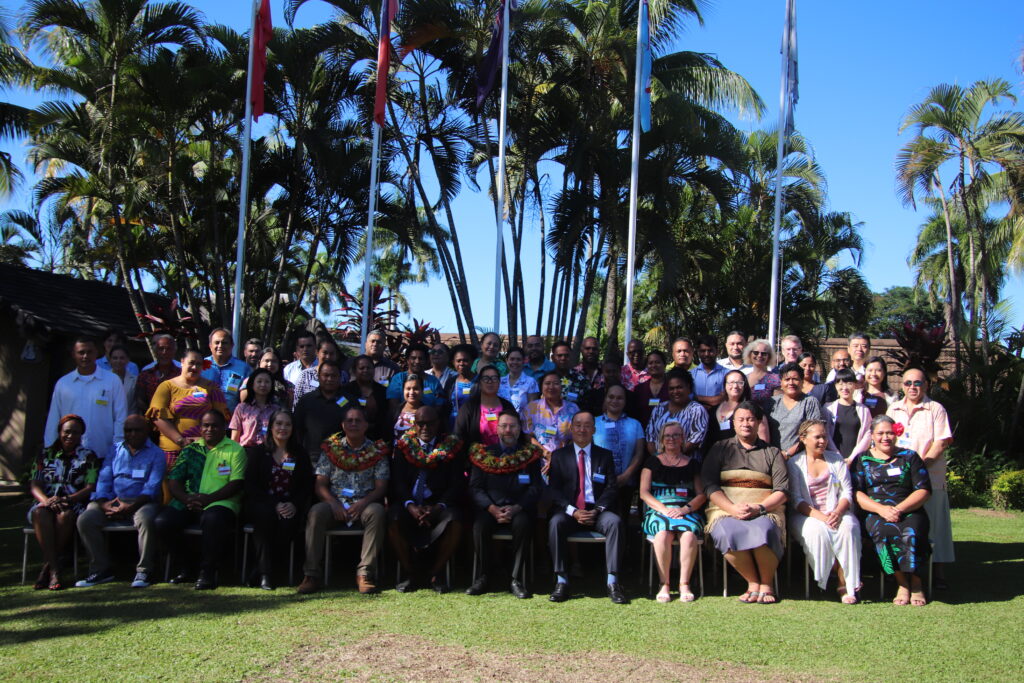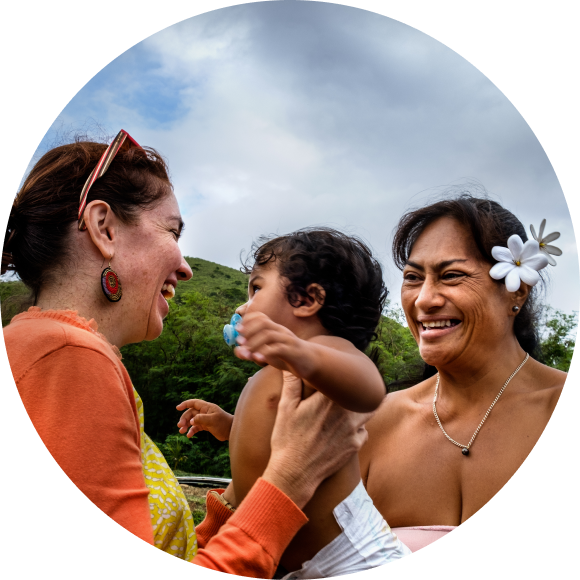Who we are
Today we aren’t faced with things any different than our own forebears did.
We still find ways of making something out of virtually nothing. Across this vast expanse called the Pacific, what makes us a unique and unyielding group is that we believe we are improved by the process of sharing, collaborating and bringing people together. Let’s never lose sight of that as we embrace progress, innovation and digital health. Ike aku, ‘ike mai. Kōkua aku, kōkua mai. Pēlā ka nohona ‘ohana. (Watch, observe. Help others and accept help. That is the family way) ![]()
– Lauro Vives – Honorary PHIN Advisor
Our Story and People
As volunteer leaders, the operational Board Members that are made up of the President and Directors play an important role in the success of the Pacific Health Information Network. The Board has significant leadership, legal and ethical responsibilities to the membership, the secretariats and the wider health and digital health profession. A strong and knowledgeable Board helps an organization maintain credibility, provide important access to the community and serve as effective advocates of a profession. The Board works to fulfil its vision, mission and strategic objectives under a core set of values of equity, unity, diversity, innovation and leadership. The current board includes representation from Pacific Island member countries such as Samoa, Vanuatu, Papua New Guinea, New Caledonia and Cooks Islands.


Our Story and People
PHIN is a diverse group of health, non-health and IT professionals from the Pacific region committed to promoting better use of digital solutions to achieve better health. From supporting health information management to advancing digital health in the Pacific, PHIN has long been at the forefront of creating health system change through networking, capacity building and knowledge sharing. See some of the highlights from our history.
PHIN members are individuals representing public, non-governmental, international development and private institutions serving the health sector. The diversity of our membership base is embodied by healthcare professionals representing clinicians, public health, planning, finance, medical records, statistics, health information and digital health. Deliberately inclusive in our approach, we also welcome non-healthcare professionals from other sectors of government and international development agencies that play a vital role in shaping the future of digital health in the region.